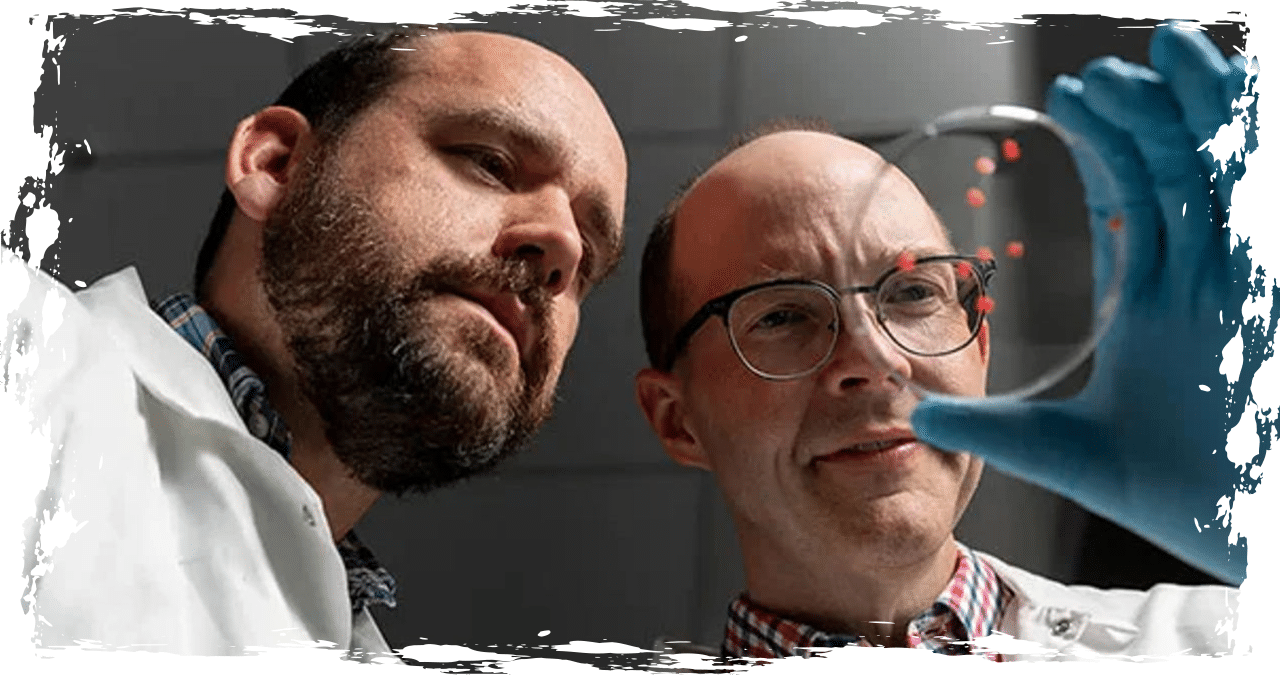The University of Mississippi’s engineers are gearing up to conduct preclinical testing on an implantable device. This device will microdose LSD and other psychoactive drugs to combat treatment-resistant depression.
Assistive professor of biomedical engineering, Thomas Werfel, and professor of biomedical engineering, Glenn Walker, have taken the initiative to launch Interval Therapeutics LLC, with the aim to advance their three-year project to the next stage of development. The project has recently secured state funding from the Strengthening Mississippi Academic Research Through Business Act.
Werfel revealed that the idea of microdosing psychedelics for depression was initially considered a crazy idea for several years. However, they eventually decided to pursue it after receiving interest from physicians. “We heard from physicians who were really interested in microdosing psychedelics for depression,” Werfel said.
A recent study conducted in 2021 has revealed that almost 9 million Americans are currently undergoing medical treatment for depression. Shockingly, about 31% of these individuals have been diagnosed with treatment-resistant depression, indicating the difficulty in finding an effective treatment for their condition.
Individuals with treatment-resistant depression often face limited options for therapy. One approach is to wait an extended period for the antidepressant to take effect, while another involves adding more drugs to the patient’s existing regimen. Unfortunately, both of these options can be burdensome for the patient.
Microdosing is a potential alternative that entails taking a minimal dose of a psychoactive drug that does not induce hallucinations. Consistent microdosing of substances like LSD and psilocybin has been linked to remarkable advantages.
According to Werfel, many people have reported that it improves their mood and creativity, and it has been shown to be beneficial for those dealing with anxiety, depression, post-traumatic stress disorder, and even alcohol addiction.
Administering psychoactive drugs poses a significant challenge due to the risk of potential abuse. In 2020, Werfel and Walker embarked on a mission to determine the optimal method of delivering these drugs to prevent their abuse or diversion.
According to Werfel, their device is both fully biodegradable and implantable, making sure that the drug is delivered at the right time. The plan is to implant a tiny device that will microdose the psychedelic every three to five days for a specific period. “Our device guarantees drug delivery at the right time,” Werfel added.
“The device is then able to erode into the body, removing the need for retrieval.”
When Werfel first approached him about the project, Walker, who has a background in microfabrication, was immediately intrigued.
During their conversation, Walker shared innovative techniques to create a unique drug delivery device. “I utilize tools commonly used in the semiconductor sensor industry and apply them to biomedical problems,” Walker explained.
According to the expert, the field of microfabrication offers exciting new opportunities for delivering medications that have yet to be explored.
According to Walker, the size of the device is similar to that of a grain of rice. This allows for effortless injection under the skin, where it can conveniently administer medication at regular intervals and dissolve once its purpose is fulfilled.
“He said the device has the potential to be used for various diseases that require repeated doses such as heart medication and diabetes. The versatility of the device is what makes it truly exciting,” he added.
According to the speaker, the initial focus is on treating depression, but the potential for other applications is high. The speaker envisions a future where patients can receive an injection from their doctor, resulting in a month or more of medication coverage.
Werfel and Walker are currently seeking funding for their company’s advanced preclinical testing of the device. Their ultimate objective is to obtain Investigational New Drug status from the U.S. Food and Drug Administration for human clinical trials, which may take a few years.
According to Werfel, their startup has been developed entirely within Ole Miss.
According to him, they, as professors, developed a technology on campus and collaborated with the Office of Technology Commercialization for their patents. The Transactional Law Clinic in the School of Law also provided assistance, and all the resources they needed were readily available on campus.
According to Walker, there is a vast amount of potential on campus that remains untapped for this kind of work.
He expressed his excitement for a startup that produces a drug delivery device capable of treating depression, stating that their success would be a major breakthrough. Despite the high failure rate of drug startups and the challenges involved in drug delivery, he remains optimistic about their chances.
According to the speaker, treating depression can be a significant breakthrough with the current treatment methods, as it can provide solutions to various challenges. As per their opinion, this approach would be a game-changer in treating depression.



